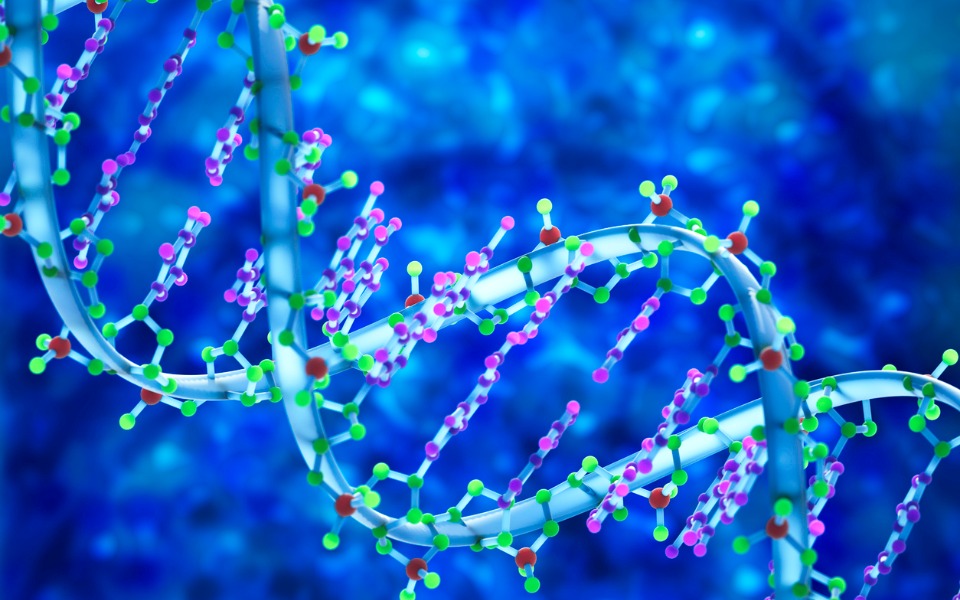
Privacy aside, genome sequencing project has serious implications

The Union Minister for Science Technology Dr Harsh Vardhan announced on Saturday (October 26) the IndGen Genome Project in which Whole Genome Sequencing (WGS) for 1,008 Indian individuals across different populations will be done.
Started by the Council of Scientific and Industrial Research (CSIR), it involved the collaborative work of Center for Cell and Molecular Biology (CCMB), Hyderbad and CSIR-Institute of Genomics & Integrative Biology (IGIB), Delhi.
The whole Genome Sequencing will be a huge step forward in preventive medicine and personalised medicine. Knowing the genetic make up of different Indian populations will help in faster and more accurate diagnosis of genetic disorders.
Genetic disorders by themselves are rare but, as a whole it affect more than 1 in 100 individuals. India has a highly diverse genetic population which has quite a number of endogamous communities as well and this project will bring in to focus the lack of epidemiology of some disorders such as Duchenne Muscular Dystrophy and Spinal Muscular Atrophy.
Vardhan said that IndiGen will help in carrier screening application for expectant couples, enabling efficient diagnosis of heritable cancers and pharmacogenetic tests to prevent adverse drug reactions.
Genetic counselling for expectant couples has been prevalent in the US and Europe has recently seen a surge in popularity in India as well. Many couples who are aware of a family history of certain disorders have been able to plan their pregnancy accordingly.
WGS is a process in which the sequence of the entire genome of an organism is determined. The first organism to have its genome fully sequenced was an influenzae bacteria, whose 18 lakh base pairs were determined in 1995, compared to that the human genome is massive with more than 3 billion base pairs.
There are certain ethical concerns in doing GWS such as privacy of data. Sequencing databases most of the times include demographic information, clinical information and family pedigrees.
Safeguarding of this data will be vital to the success of this program. Other issues such as genetic discrimination depends on the nature of the report once the study is complete. Conveying the report to the study subject is also something that has to be looked in to.
The question arises as to what is the responsibility of the research scientists and the institutions to inform the subject about their findings.
It is common knowledge that members of some populations are genetically more likely to be affected by certain diseases. By doing a GWS, it is possible that we might add more examples of variants related to certain genetic predispositions.
This has the unfortunate potential to being used a basis for stereotyping or stigmatising a certain population. One of the biggest benefits of this study will be personalised genomic medicine.
Fields such as Oncogenomics and pharmacogenomics depend on genomic studies to further their accuracy in targeting and treating issues such as cancer.
Since the turn of the century and the advent of faster and inexpensive sequencing methods there has been a marked increase in the research in this field. The Indgen project will only help accelerate India’s research expertise in these fast growing fields.
There has been much speculation about the value of the IndGen App and the IndGen card and if used properly, it will will turn out to be a key to unlocking the mysteries of what makes us, us — our genome.
(Berty Ashley is a senior research scientist at Dystrophy Annihilation Research Trust and is currently working on exon skipping treatment for Duchenne muscular dystrophy.)


